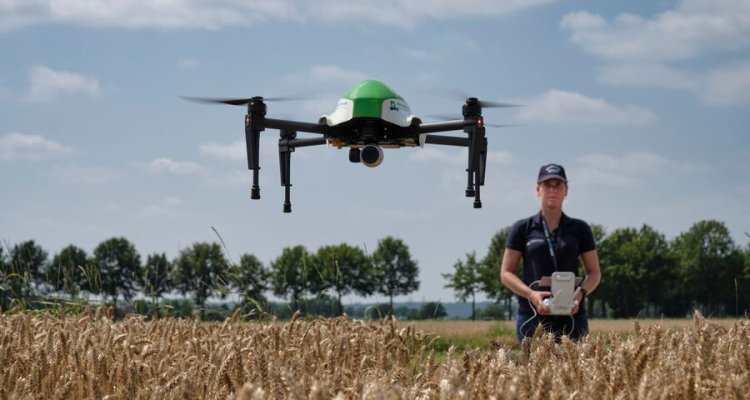
Online
Introduction to On-Site Analysis
Analytical chemistry is pivotal in establishing food quality and securing food safety in the food domain. However, analysing samples in a laboratory takes time, whereas on-site analysis provides immediate results. This online course introduces on-site analysis. Next, the course aims to inspire you to explore how this type of analysis could change the landscape of analytical chemistry in the coming decade, mainly in your field of expertise.
The course environment will be accessible within one week after
registration.
Target audience
Professionals working in the food system all over the world and with an interest in food safety and food security, for example from a governmental perspective, quality control or with a commercial interest. Also professionals working in the supply chain (trade).
- Competent authorities
- Food control laboratories
- EU and national governments
- Instrument suppliers
- Universities
Learning outcomes
After successful completion of this programme, you will be able to:
- Design, develop and implement new approaches and applications for on-site analysis in your professional or private life.
- Understand biochemical and chemical on-site analysis techniques, including Lateral Flow Devices, DNA and RNA testing, spectroscopic sensors, mass spectrometry and application in a drone.
Programme
This course is an online self-study course. Participants follow this online course at their own pace. The course learning materials are available 24/7 on the online platform of WUR. As a participant, you sign in with your personal account and study whenever convenient. The learning material consists of knowledge clips, interactive quizzes and readings.
- Module 1: Introduction and getting acquainted
- Module 2a: Biochemical techniques (lateral flow devices, DNA & RNA)
- Module 2b: Chemical techniques (spectroscopic techniques, mass spectrometry)
- Module 2c: Application and implementation (drone sensing, minimum requirements)
- Module 3: Summary and closure
You will receive a personal account that gives you access to the online course for 2 months.
Certification
At the end of the course, we offer a certificate for participation.